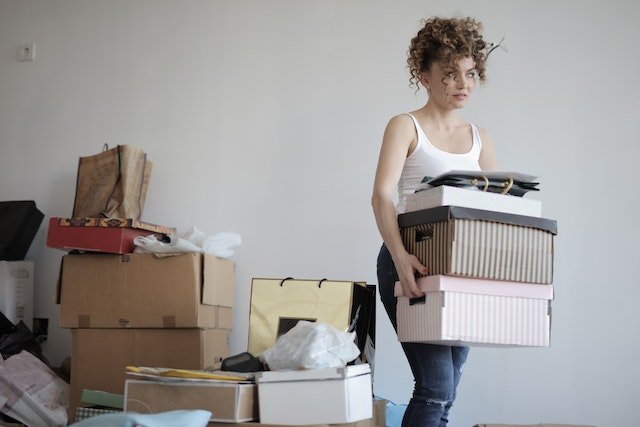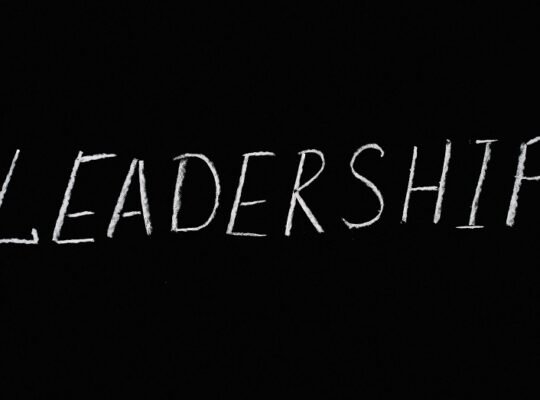Making decisions and letting go of possessions can be challenging when trying to reduce clutter. These impulses result from a variety of factors, including as sentimental value or the expectation that we may require the objects in the future. It’s important to deal with clutter because it can have a detrimental effect on our mental and physical health.
Why do so many people battle with clutter attachment and indecision?
Many people appreciate their possessions emotionally. Therefore, despite the fact that they are unused or taking up space, they find it difficult to part with these objects. It can be difficult to let go of the items since they may contain memories or act as reminders of significant events.
Fear of wasting:
People frequently find it difficult to get rid of clutter because they don’t want to throw anything away. Even though they haven’t used the products in years, they still think they could need them in the future. How recently have I used this? It is improbable that you will use it in the following six months if you haven’t in the last six.
It will be difficult to replace:
You’ll find it simpler to let go of the old things that don’t serve you once you realize how simple it is to attract the things you desire in life. You’ll find it simpler to let go of the old things that don’t serve you once you realize how simple it is to attract the things you desire in life.
How to tell if you’re a hoarder in your closet:
Even if you don’t need something or haven’t used it in a long time, you have problems getting rid of it.
When trying to organize your belongings, you feel pressured and overburdened.
Your home is cluttered, making it challenging to find what you need.
Your relationships and daily life have been harmed by your clutter.
For people who suffer from attachment and indecision, here are some ways to organize the clutter:
- Although getting rid of clutter can seem overwhelming, it’s crucial to start somewhere. Pick a modest space, like a dresser or closet, and focus on it first. You can gain momentum and get over your indecision with the aid of this. Additionally, it will make you feel accomplished.
- Decide on a date by which you want the debris to be removed. This will increase your sense of urgency and inspire you to begin.
- Nobody is as connected to their possessions as you are. It is considerably simpler for a professional organizer or an unbiased friend to determine what can be donated or thrown out with ease.
- Donate your items rather than try to sell them if you’re feeling overwhelmed. Most people overestimate the value of their possessions. It doesn’t necessarily mean it’s worth that much now just because you paid a lot of money for it!
- Think about keeping sentimental objects in a memory box if you have any. In this manner, you may keep the products around without having them clutter your home. Could you take a picture of the large thing to preserve the memory and free up space if it is large?
- It’s improbable that you’ll use something again if you haven’t used it in the last 12 months. Items that fit into this category should be donated right away.
- Setting numerical boundaries can be very beneficial if you have trouble making decisions. You should, as a general rule, just keep what will fit into the area provided.
- Items must be cleared until everything fits comfortably. What matters most is that it should fit without difficulty and have room to spare for future additions to your life.
Conclusion
Although it can be challenging to get rid of clutter due to uncertainty and attachment to items, keep in mind that clutter can have a detrimental effect on your mental and physical health.






